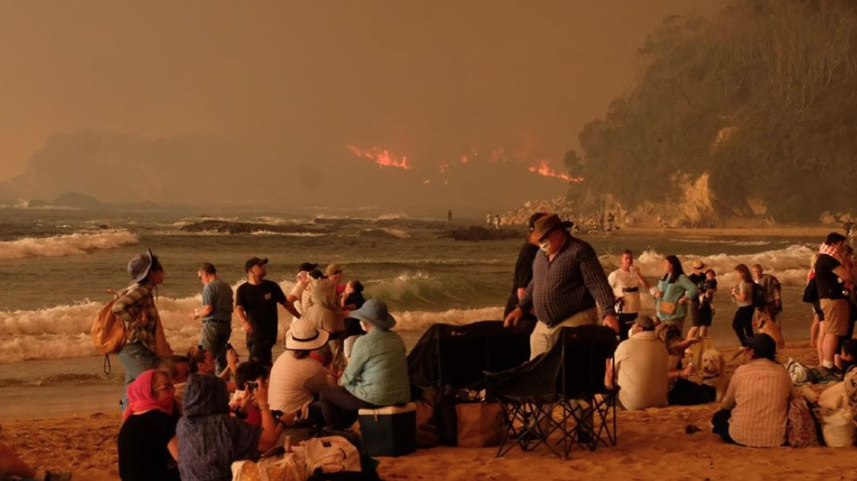While so many Australian’s are still actively waiting, watching, fighting to protect their homes, preparing to leave or have already left their homes, their are also many who are now past the immediate crisis and are feeling overwhelmed and displaced as they now enter the recovery stage. You all remain in our thoughts and prayers as this crisis continues.
Natural disasters like bushfires, floods, cyclones, drought and other traumatic ‘natural’ events are extremely challenging for the people directly affected.
Traumatic impact is caused by ongoing, relentless stresses. Exposure to such a traumatic event is more prone to leave an individual with longer-lasting emotional and psychological trauma if:
The individual was unprepared for the event
The event occurred out of the blue
The person felt powerless to prevent the event
The stress caused following a natural disaster can lead to ‘burnout’ and physical, mental and emotional exhaustion.
Some people will be able to manage the stress but for others it may be difficult to cope. Most people eventually heal and recover and go on to rebuild their lives. Most will readily recognise the need to physically rebuild homes, businesses, etc but some will recognise the critical need to emotionally heal and recover. Sadly, some will seek to avoid or side-step the personal, emotional journey ahead for a range of reasons.
The Emotional Impact of Natural Disasters:
- Feeling stressed, anxious, exhausted or confused
- Over-reactions or under-reactions to situations
- Feeling sad, overwhelmed or hopeless
- Shock, feeling ‘numb’, emotionally shutdown
- Grief & loss, uncertainty about the future
- Feeling lonely, isolated or withdrawn
- Feeling unwell – headaches, difficulty sleeping, eating,
- weight loss/gain
- Anger, Resentment or blaming others
- Increased substance use – not wanting to feel anymore
- Thoughts of suicide or self-harm
- Survivor guilt
Don’t underestimate those indirectly impacted by the current crisis. Some will be affected emotionally by secondary ‘vicarious trauma’ that also will require a time of recovery. Vicarious trauma can be expressed as ‘feeling heavy’ when the emotion of the traumatic crisis ‘gets inside you’, feelings of helplessly witnessing an event, have loved ones directly impacted, others loss of properties and animals.
If you have a preexisting trauma history the risk of vicarious trauma can increase. Please do not dismiss, minimise or repress this secondary response with (for example) “but I didn’t loss my home”, “I wasn’t there dealing with the fire”, “I don’t have any real reason to feel this way”. If you have been impacted, it is ok and healthy to acknowledge what you feel, express it and process it for yourself.
Some will respond to feelings of helplessness and compassion by rising to action. We have seen such an overwhelming national and global response to provide assistance in this crisis. Across all media platforms are stories of people actively stepping up and reaching out. To all who have and are responding, we are so very grateful.

